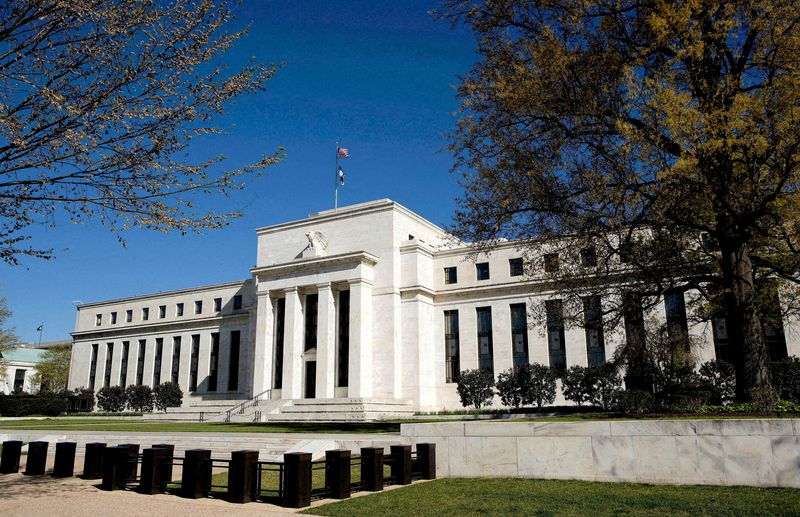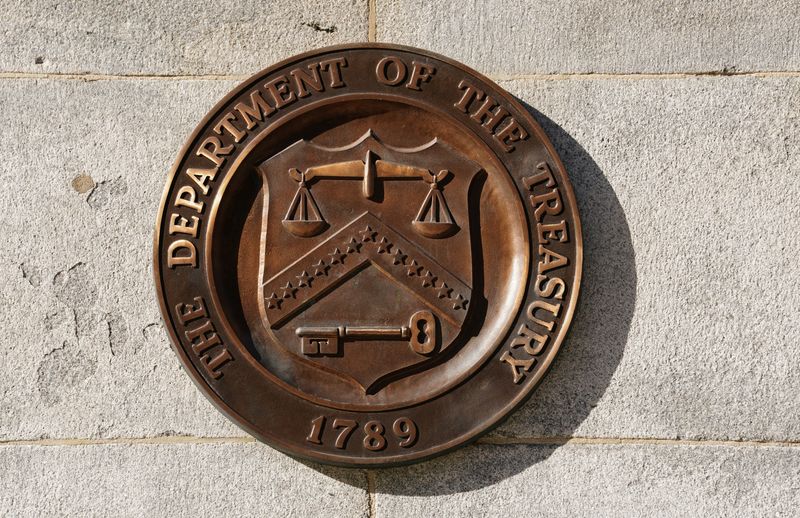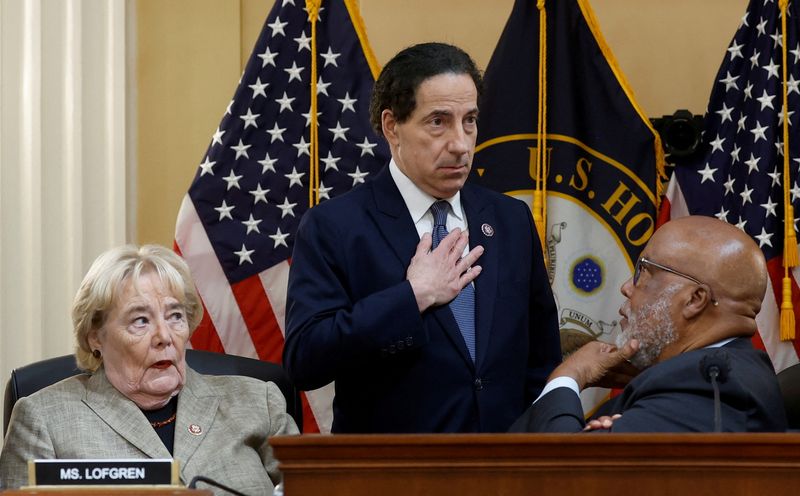Fed’s paper losses top the $200 billion mark

By Michael S. Derby
NEW YORK (Reuters) – U.S. Federal Reserve losses crossed the $200 billion point this week, according to data released on Thursday by the central bank.
The Fed reported that as of Wednesday, the level of its so-called earnings remittance to the Treasury Department stood at negative $201.2 billion. The number represents a paper loss that central bank officials have noted does not impair their ability to conduct monetary policy.
The negative number is captured in an accounting measure the Fed calls a deferred asset. The Fed must cover this shortfall before it can begin returning excess earnings to the Treasury.
Fed losses flow from the high-interest rate monetary policy path it had been pursuing to bring down inflation.
The Fed pays banks and money funds to park cash at the central bank to keep short-term interest rates at the desired levels. The Fed tilted into loss two years ago and faced record red ink in 2023, as the money it has had to pay out to manage rates has outstripped the money it makes from the interest earned from bonds it holds.
The Fed funds itself through services it provides to the banking system and via the interest on bonds it owns. It returns any profits to the Treasury Department as required by law, and for many years, the central bank has handed back substantial sums: St. Louis Fed research said that between 2011 and 2021 the Fed returned nearly $1 trillion to the Treasury.
The loss-making situation is tied to an aggressive cycle of rate rises done between March 2022 and July 2023 that saw the central bank’s interest rate target fly up from near zero levels to between 5.25% and 5.5%.
The Fed said in March that its paper loss last year totaled $114.3 billion. It paid out $176.8 billion to banks and $104.3 billion via its reverse repo facility, while earning $163.8 billion via interest on bonds on its balance sheet.
With the Fed’s recent half percentage point rate cut and the prospect of more easing, it will likely see a slower pace of losses growing forward, as it will face a smaller level of interest expenses to maintain its rate target. Before the Fed can return cash to Treasury, however, it will have to effectively pay back the deferred asset, which could take years.
Thus far, the Fed has not faced any political heat for its financial situation, although that surprises some, including former central bankers.







